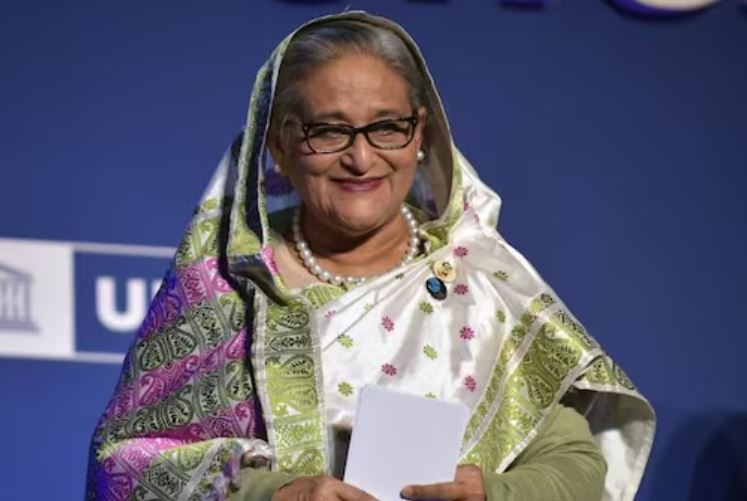A Diplomatic Spectrum: Bangladesh’s Strategic Alliances
In a significant declaration ahead of Prime Minister Sheikh Hasina’s imminent visit to China, a senior leader of the ruling Awami League government underscored Bangladesh’s nuanced approach to international relations. Obaidul Quader, the Minister of Transport and Roads, and the party’s influential general secretary, emphasized the pivotal roles of both India and China in Bangladesh’s diplomatic landscape.
Historical Bonds and Political Alliances
Addressing a gathering in Dhaka, Minister Quader portrayed India as a steadfast political ally, deeply rooted in historical ties dating back to Bangladesh’s independence struggle in 1971. He highlighted India’s crucial support during Bangladesh’s formative years and praised bilateral achievements such as the Land Boundary Agreement of 2015, symbolizing enduring diplomatic camaraderie.
China: Catalyst for Development
In contrast, Minister Quader characterized China as an essential partner in Bangladesh’s quest for economic advancement. Citing numerous developmental projects facilitated by Chinese investments, he affirmed China’s pivotal role in bolstering Bangladesh’s infrastructure and economic growth ambitions.
Political Discourse and Criticism
The Minister also addressed domestic critiques of Prime Minister Hasina’s foreign policies, particularly concerning recent agreements with India. He defended these alliances as integral to Bangladesh’s national interests, dismissing oppositional sentiments and emphasizing the pragmatic necessity of collaborating with both regional powers.
Preparations for Prime Minister Hasina’s China Visit
The event, held at the Sheikh Hasina Chittagong Hill Tracts History Protection and Research Centre, served as a precursor to Sheikh Hasina’s upcoming visit to China. Scheduled to commence on July 8, the visit aims to strengthen bilateral trade ties and explore new avenues of economic cooperation.
Economic Focus: Trade Prospects and Financial Assistance
During her stay in Beijing, Prime Minister Hasina is slated to participate in a trade fair, signaling Bangladesh’s proactive stance in promoting commercial exchanges with China. Discussions are underway to secure a substantial $7 billion line of credit aimed at enhancing Bangladesh’s trade sector, potentially alleviating economic pressures and fostering growth through strategic investments.
Geopolitical Considerations: The Teesta River Project
Against the backdrop of bilateral engagements, including Prime Minister Hasina’s recent visit to India, discussions regarding the Teesta River project have garnered significant attention. India’s commitment to send a technical team for collaborative discussions on river management contrasts with China’s proposal for extensive dredging projects along the Teesta’s embankments.
Strategic Decisions: Navigating Developmental Partnerships
Prime Minister Hasina has navigated between India and China’s competing proposals, evaluating each based on their economic viability, loan terms, and overall benefits to Bangladesh. This deliberative approach underscores Bangladesh’s strategic autonomy in leveraging international partnerships for sustainable development initiatives.
Summary:
| Key Learning Points |
|---|
| Bangladesh views India as a longstanding political ally. |
| China plays a critical role in Bangladesh’s development agenda. |
| Prime Minister Hasina’s upcoming China visit focuses on trade and economic cooperation. |
| Geopolitical considerations include the Teesta River project’s impact and strategic implications. |
Soumya Smruti Sahoo is a seasoned journalist with extensive experience in both international and Indian news writing. With a sharp analytical mind and a dedication to uncovering the truth, Soumya has built a reputation for delivering in-depth, well-researched articles that provide readers with a clear understanding of complex global and domestic issues. Her work reflects a deep commitment to journalistic integrity, making her a trusted source for accurate and insightful news coverage.



